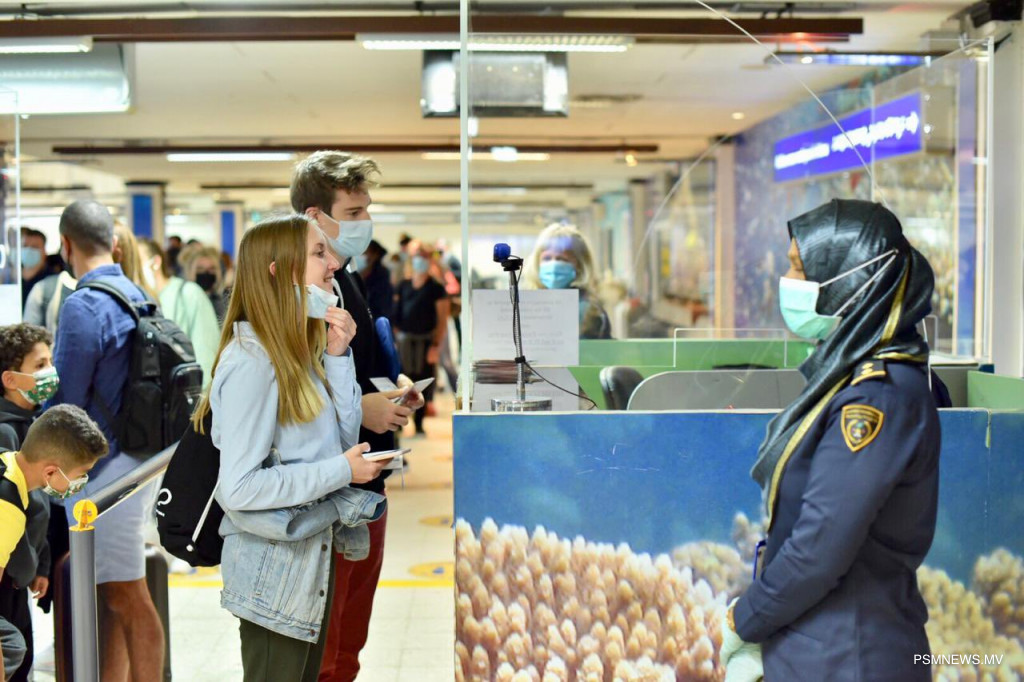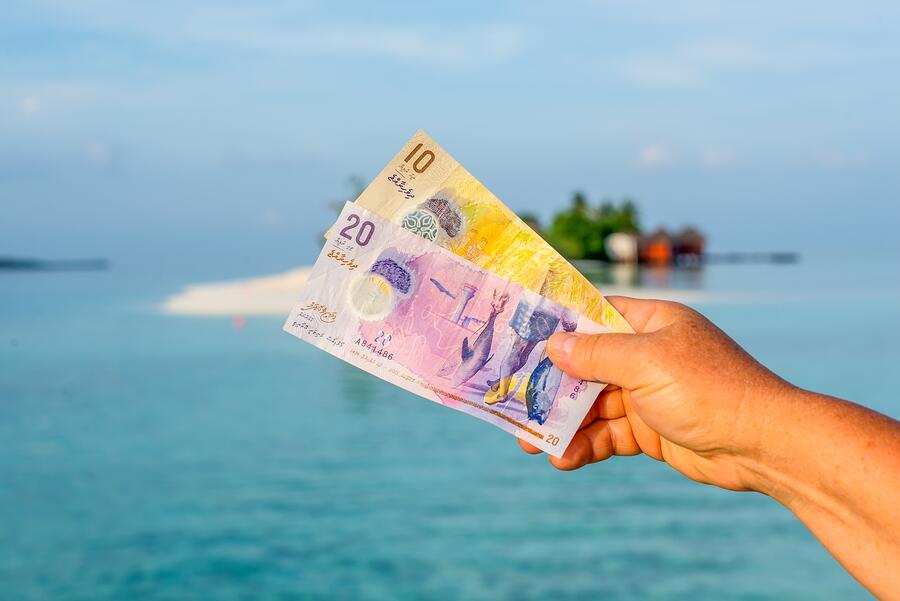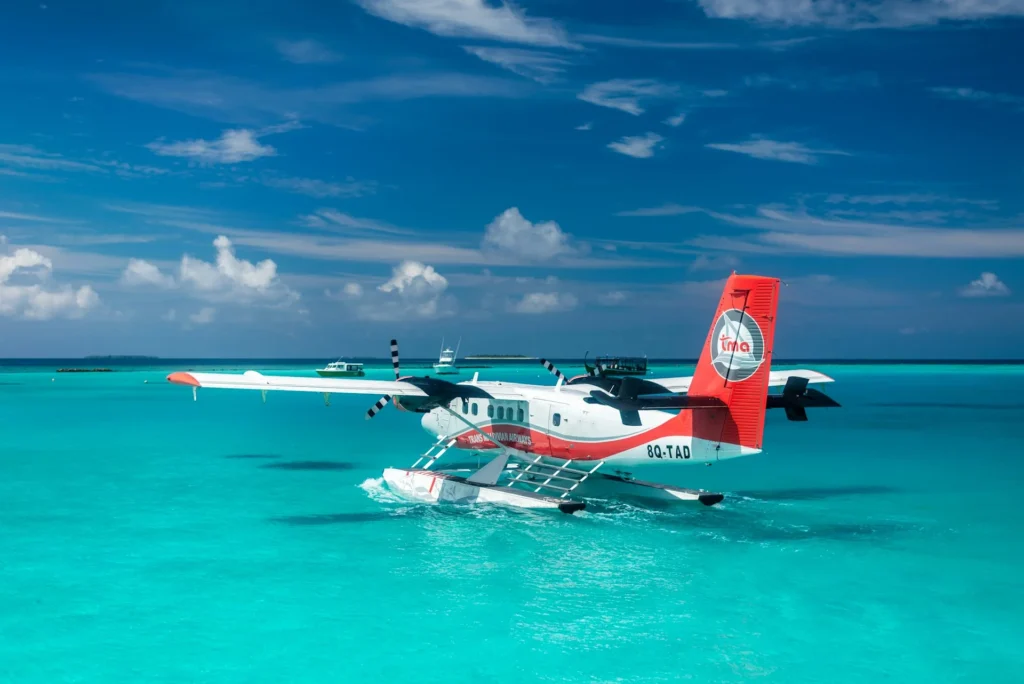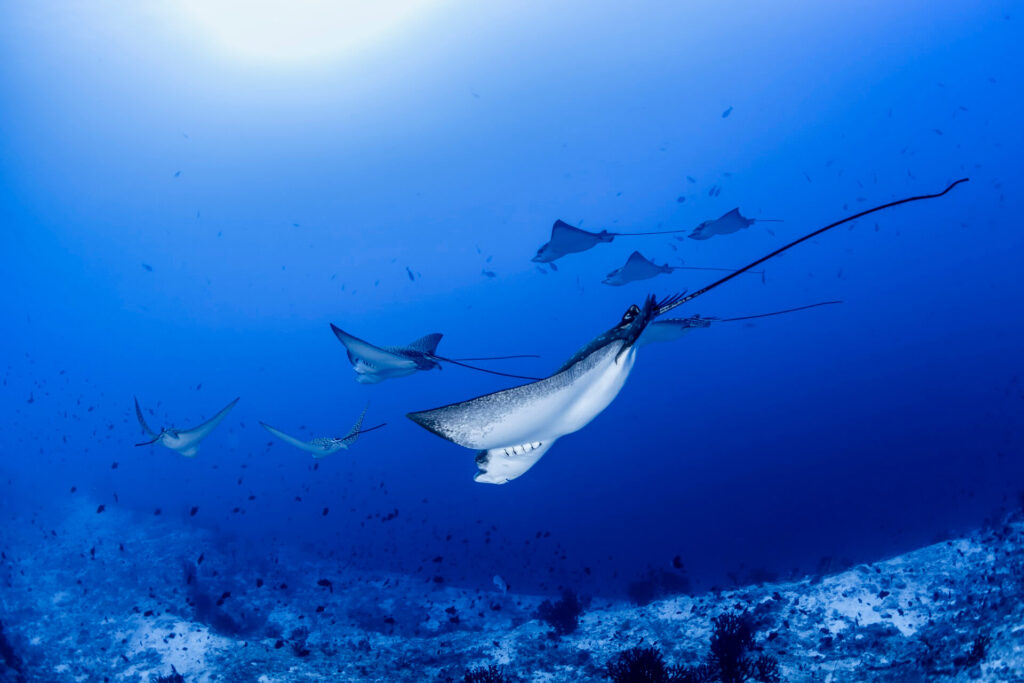Planning a trip to the Maldives, a tropical paradise of pristine beaches and turquoise waters, requires some preparation to ensure a smooth and enjoyable experience. Here are some essential travel tips and practical information to help you make the most of your visit to this stunning destination.
Best Time to Visit
The Maldives enjoys a tropical climate with warm temperatures year-round, but the best time to visit depends on your preferences for weather and activities.
Dry Season (November to April): This is the peak tourist season, characterized by sunny days, clear skies, and calm seas. It’s ideal for beach activities, snorkeling, and diving. However, it’s also the most expensive time to visit, with higher prices and crowded resorts.
Wet Season (May to October): This period experiences occasional rainfall and storms, but it’s also less crowded and offers lower prices. The wet season is still a good time for diving and surfing, with nutrient-rich waters attracting marine life and larger waves for surfers.

Entry Requirements
To enter the Maldives, travelers must meet certain entry requirements.
Visa: Tourists from most countries receive a free 30-day visa on arrival. Ensure your passport is valid for at least six months beyond your planned departure date.
Travel Insurance: It’s highly recommended to have travel insurance that covers medical expenses, trip cancellations, and other unforeseen events.
COVID-19 Protocols: There are no COVID-19 related entry restrictions as of May 2024, however, always stay updated on the latest COVID-19 travel guidelines from your country as well as the destination.
Health and Safety
Vaccinations: Ensure you are up-to-date with routine vaccinations. While there are no mandatory vaccinations for entry, it’s advisable to check with your doctor about recommended shots for travel to tropical destinations.
Sun Protection: The Maldivian sun can be intense. Bring high-SPF sunscreen, sunglasses, and a wide-brimmed hat to protect yourself from sunburn and heatstroke.
Water Safety: While the waters are generally safe, it’s important to be cautious. Always swim in designated areas, avoid strong currents, and be mindful of marine life.

Currency and Payments
The local currency is the Maldivian Rufiyaa (MVR), but US dollars are widely accepted in all resorts and establishments. Credit cards are also commonly used.
ATMs and Currency Exchange: ATMs are available in Malé and some larger islands, but not in more remote areas. It’s a good idea to carry some cash for small purchases and tips. Currency exchange services are available at the airport and major resorts.
Tipping: Tipping is not mandatory but appreciated for good service. Many resorts include a service charge in their bills, but additional tips for exceptional service are welcomed.
Getting Around
The Maldives consists of numerous islands, and transportation between them can be an adventure.
Domestic Flights: For long distances, domestic flights connect the major atolls and islands. Seaplane transfers are also a popular option, offering breathtaking aerial views of the atolls.
Speedboats and Ferries: Speedboats are the primary mode of transport for shorter distances and inter-island travel. Public ferries are a budget-friendly option but have limited schedules and may have longer routes with multiple stops.
Private Transfers: Many resorts offer private transfers by speedboat or seaplane, which can be arranged when booking your stay.

Accommodation Tips
Resort Selection: Choose your accommodation based on your preferences for luxury, budget, activities, and location. Private island resorts offer seclusion and luxury, while guesthouses on local islands provide a more budget-friendly and cultural experience.
Meal Plans: Consider the meal plans offered by your resort. All-inclusive packages can be convenient and cost-effective, covering meals, drinks, and some activities.
Advance Booking: The Maldives is a popular destination, so it’s wise to book your accommodation and transfers well in advance, especially during peak season.
Cultural Considerations
Local Etiquette: Maldivians are Muslim, and it’s important to respect local customs and traditions. Dress modestly when visiting local islands, mosques, and public places. Swimwear is acceptable on resort islands and designated tourist beaches on local islands.
Ramadan: If you visit during Ramadan, the Islamic holy month, be aware that some services and activities may be limited in local islands. However, resorts typically operate as usual, catering to international guests.
Communication and Connectivity
Language: The official language is Dhivehi, but English is spoken in all tourist areas and widely spoken in all other areas. Some resorts also offer additional language speakers, especially if they largely cater to a specific market. So if you don’t speak English, it may be worthwhile to check if the resort has a staff who speaks your language. If not, Google Translate is an easy substitute.
Internet Access: All resorts and guesthouses offer free Wi-Fi, but the quality may vary. Consider purchasing a local SIM card for reliable mobile data, available at the airport and in Malé.

Environmental Awareness
Sustainable Travel: The Maldives is fragile and heavily impacted by climate change. Support eco-friendly resorts and practices, such as coral reef conservation and plastic reduction initiatives.
Coral Protection: Avoid touching or stepping on corals while snorkeling or diving. Use reef-safe sunscreen to protect marine life from harmful chemicals.
Conclusion
With its unparalleled beauty and unique island lifestyle, the Maldives is a destination that promises unforgettable experiences. By planning ahead and considering these travel tips and practical information, you can ensure a smooth, enjoyable, and respectful visit to this tropical paradise. Pack wisely, stay informed, and get ready to immerse yourself in the stunning natural wonders and vibrant culture of the Maldives.
